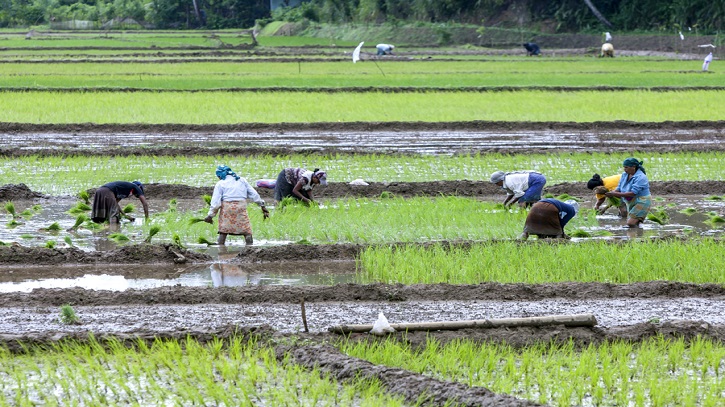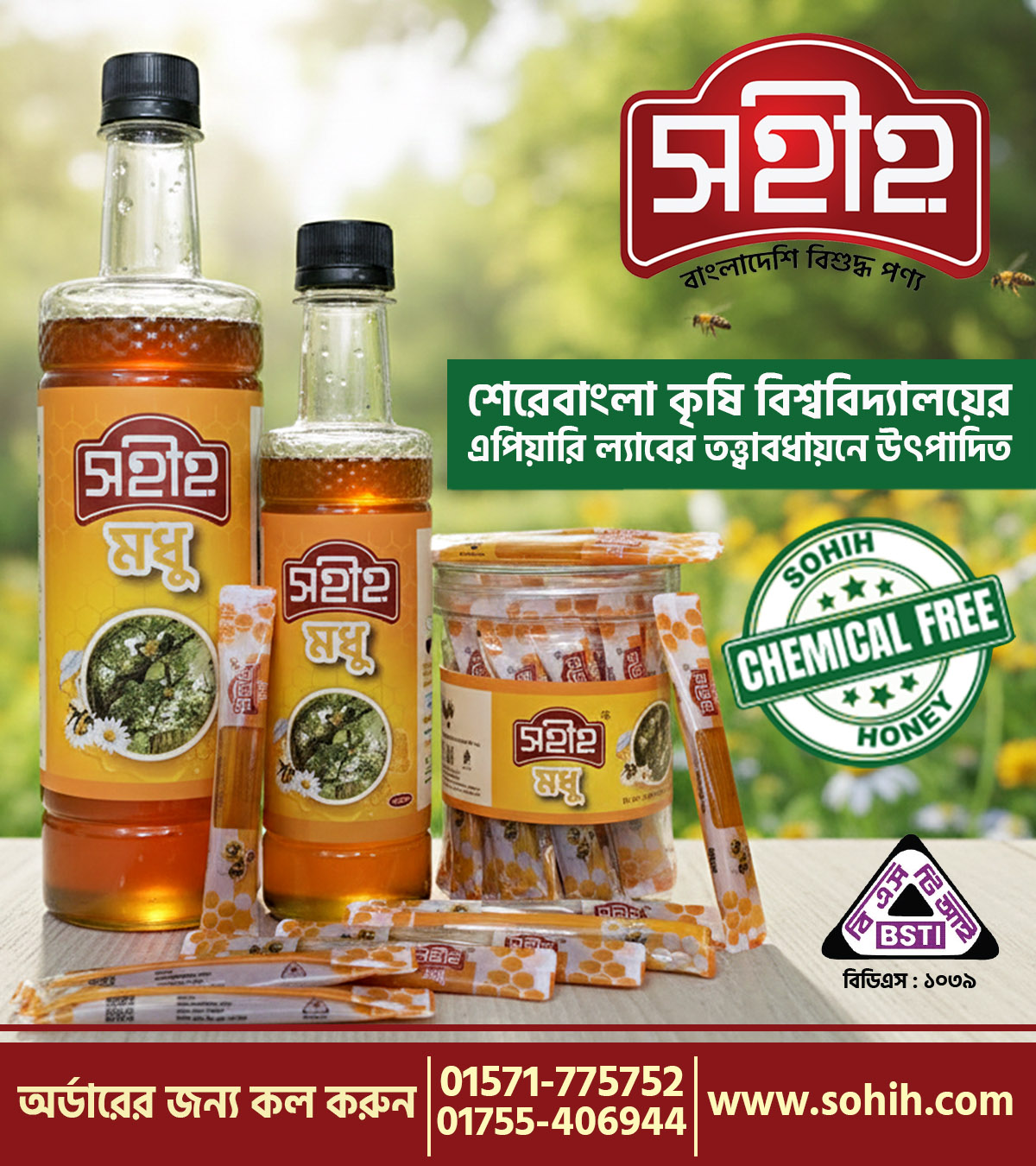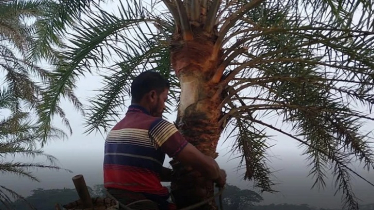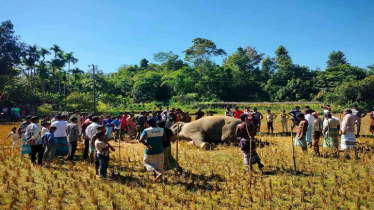
One of the key factors behind the recovery of Sri Lanka’s agricultural sector has been the reinstated use of chemical fertilizers after an unsuccessful shift to organic alternatives. During the country’s severe economic crisis in 2022, the lack of chemical fertilizers drove crop production to a historic low, triggering widespread food shortages across the nation. However, under the leadership of the Ranil Wickremesinghe administration, the sector has begun to regain momentum.
The recent economic collapse in Sri Lanka was closely tied to the agricultural disaster that began in 2021, when the Rajapaksa government imposed restrictions on chemical fertilizers and encouraged farmers to rely solely on organic fertilizers. This abrupt policy shift immediately reduced soil fertility and caused agricultural output to plummet. The result was an acute food shortage, with food prices soaring to unprecedented heights.
As farmers were barred from using chemical fertilizers, crop yields declined sharply. Many were forced to purchase fertilizers illegally at excessively high prices, often spending twice as much as their actual income.
The previous government’s decision stemmed from its inability to import fertilizers amid the country’s massive foreign debt burden. This left not only farmers in distress but also more than 20 million citizens grappling with food insecurity. Sri Lanka was ultimately compelled to import rice and wheat from neighboring India. In 2022, the country imported 783,000 metric tons of rice from India and other neighboring nations.
In the following two years, however, rice imports dropped significantly. Farmers attributed this improvement to the policy reversal made after the fall of the Rajapaksa administration, when the Wickremesinghe government lifted restrictions on the use of chemical fertilizers alongside organic ones.
With the ban removed, farmers once again regained the capacity to produce viable crops and stabilize their incomes. Despite this progress, Sri Lankan farmers have not fully recovered from the shock, and experts say agricultural output must continue to increase to ensure sustainable food security.
According to data from Sri Lanka’s Ministry of Agriculture, fertilizer imports rose by 37 percent in the first nine months of 2025 following the renewed use of chemical fertilizers. Food grain production has also increased, signaling a strong rebound in the country’s agricultural sector.





